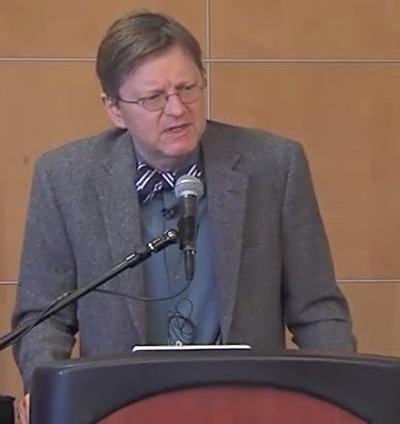Dictionaries, Justices & Wittgenstein
How The Left Uses Originalism
Is Originalism Dead?
There was an Originalism conference at Penn this weekend. I didn't go, but I e-mailed one of the participants, who shall remain nameless. I'm told that there was a great degree of criticism against originalism as a judicial philosophy, and that even Randy Barnett conceded that most of the action in disputes about the Constitution's meaning comes from non-originalist "construction," as they call it. I write for two reasons. There are two points I want to bring up, which I shall list in separate mails.
Duncan Richter Mentions the Book
Special thanks to Wittgenstein scholar Duncan Richter, for mentioning the book:
http://languagegoesonholiday.blogspot.com/2013/01/the-flexible-constitution.html
Mike Rappaport and the Originalism Blog Mention the Book
Special thanks go to Mike Rappaport for mentioning the Flexible Constitution here. I'm going to be sending Mike a copy of the book. Even if he's critical of it in later posts, that's okay. So far, he's the first originalist scholar to even acknowledge that the book exists. It was nice to see that the people who run The Originalist Blog are truly interested in the issues. By contrast, Eugene Volokh, a conservative, decided he was too busy to mention the book on his website and also showed no interest in receiving a free copy. And he could not even mention other writers to try. I'm waiting now to see whether Larry Solum will say something. (Larry's views are well covered in the book)
Presenting at Law and Society in Boston
I've submitted a chapter in my book, Law as a Connoisseur Judgment, to Law and Society in Boston. I don't know if anyone would be interested in doing anything with it, but I thought the topic would make for an interesting discussion.
ABSTRACT:
Throughout the ages, scholars have described the behavior of judging in various ways: as a self-contained science, as the expression of politics, attitudes or ideology, as "right reason" or autonomous logic, or as policy-making. Yet, judging is none of these things as a BEHAVIOR. Presenting a chapter from his new book, The Flexible Constitution, Dr. Wilson argues that law in the hands of a Supreme Court justice amounts to nothing more than an artisan judgment. It isn't a question of fact, logic or attitude. What the US Constitution ultimately means, therefore, is what its best connoisseurs say. This view is influenced by Ludwig Wittgenstein. Criteria are set forth that show what makes some judgments have superior connoisseurship. The issue is never whether a judge "follows law"; it is only whether he or she is following WELL.
Cover Proof Has Arrived
Peer Reviews of Draft Manuscript
These are anonymous peer reviews of the draft manuscript. Based upon these reviews, corrections were then made to the final manuscript.

